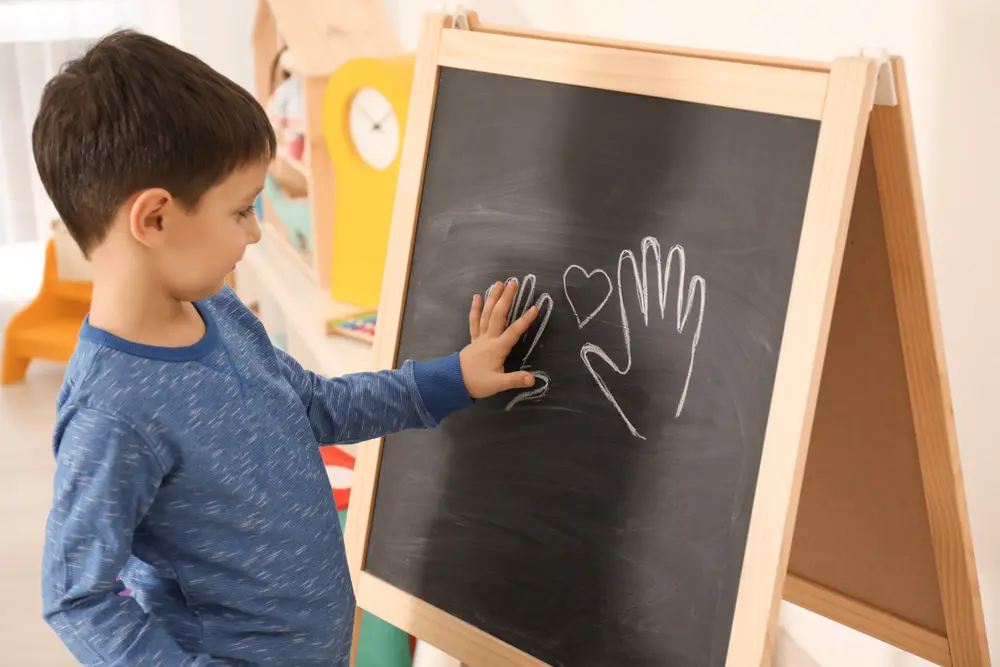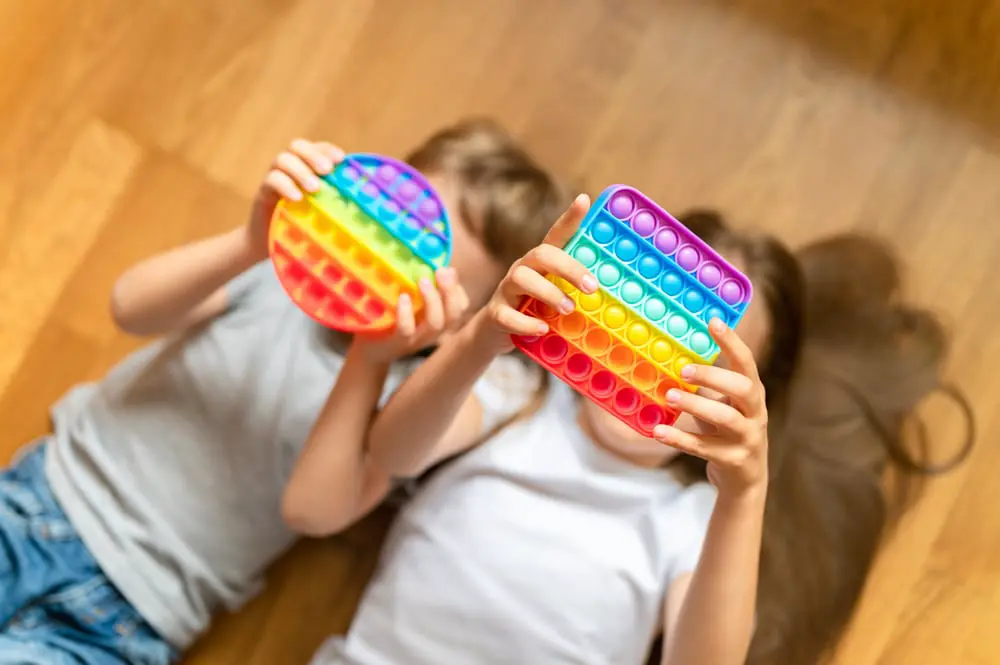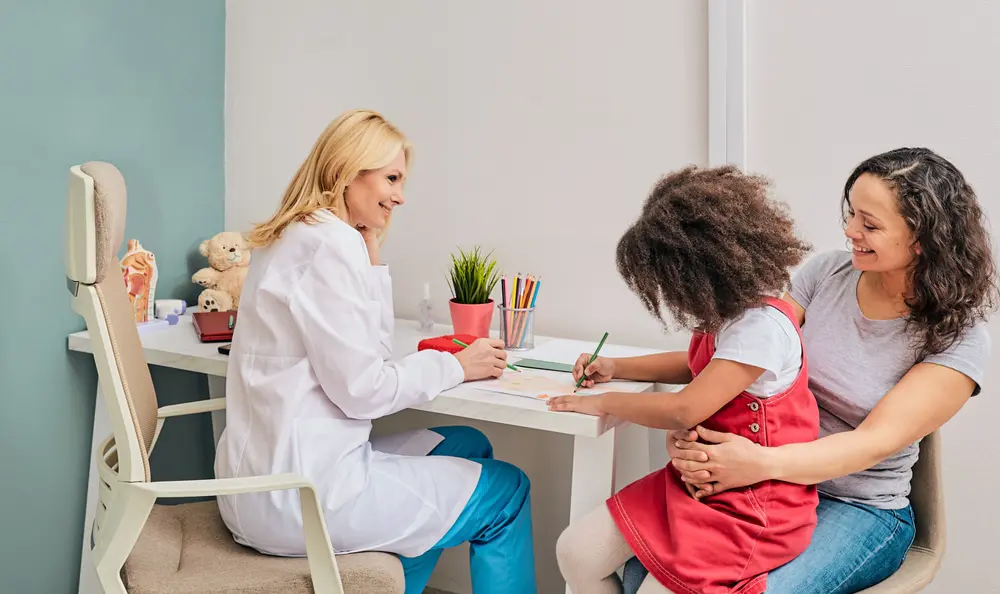Children’s mental health is a hugely important topic and it is one that we are learning more about every year. We are understanding more as a society how important it is to know about children’s mental health so that we can deal with it appropriately and make sure that children are as happy and healthy as possible.
It is a huge topic and it is one that can often feel like a minefield, especially for parents.
We can’t even attempt to talk about the entirety of the topic of children’s mental health in one blog today, but we can talk about some of the most important things we can teach our children in relation to their mental health and wellbeing. We can talk about these things so that we may have the best possible chance as parents of keeping our children safe and happy.
These things are practical, accessible and suitable for every kind of parent.
No jargon, no mumbo jumbo, and nothing requiring money or special access.
Just the basics that we can all use to make our children’s lives and experiences that little bit better.
Let’s get straight into them.
1. How to talk about things

One of the most important things that we can teach our children in relation to mental health is how to talk about things.
If we don’t talk about things, we can’t get the help that we need and problems can very often complicate and worsen over time. When it comes to children’s mental health, preventative care and intervention are always hugely beneficial. But neither can happen unless children are able to talk to adults about how they feel.
Helping our children out with communication skills very early is one of the very best ways we can set them up in life.
2. How to self-regulate

Self-regulation is defined as follows:
“Self-regulation is the ability to monitor and manage your energy states, emotions, thoughts, and behaviors in ways that are acceptable and produce positive results such as well-being, loving relationships, and learning.”
Source
Many children struggle with their emotions. They struggle to understand how they feel and they struggle to deal with them in positive ways. They can very often get overwhelmed, stressed, and become reactive as a result.
Rather than tell our children off and punish them when they react in negative ways, we should instead be helping them learn how to self-regulate and control their own emotions.
There are lots of ways we can do this but the main pillars include positive coping mechanisms and relaxation techniques. Things like controlled breathing, yoga, exercise, toys, art, and journalling, are all hugely beneficial self-regulation techniques. They can have very positive overall effects on children’s mental health.
3. Common signs and symptoms of poor mental health
Signs that a child is suffering are important to know and recognise both for adults and children alike. We need to know how to spot common signs and symptoms of poor children’s mental health so that we can intervene and support them when needs be.
Children themselves need to understand how to spot signs and symptoms themselves so that they are able to understand what is happening to them. They need to know how to describe things and put words to them, and they need to be able to ask for help when they need it.
Psychoeducation is one of the most valuable tools when it comes to supporting children’s mental health and even when it doesn’t feel comfortable or easy, it is certainly important.
4. Where to access resources if they need them

We can’t always be the ones to directly help our children. And while this may be tricky and feel very uncomfortable at times, it is simply a fact of life.
Sometimes as a child’s parents, we are too close to be able to help them in the way that they need to be helped. Sometimes we simply don’t have the knowledge or skills needed to help our children and that is where professionals can come in.
We might often be scared of services such as Childline as they can seem like an extreme intervention. But this isn’t the case. Services like Childline have lots of ways in which they can help children with whatever they are dealing with, it doesn’t have to only be in extreme cases.
There are so many services now that deal with children’s mental health and it is important to make use of them. It is also important to help your children gain access to them when they need them.
One of the very, very best things you can do for your children is to make sure they have numbers and contact information for help services, helplines, doctor services, and so on so that when something unfortunate does arise, they know where to go.
This kind of information saves lives. And there needs to be no shame associated with it.
5. How to handle things going badly
Finally, we can’t wrap our children in bubble wrap, as much as we might wish we could.
Part of looking out for our children’s mental health is helping them know how to handle situations when things go wrong.
A little life advice, a little support from guides and books, and a little bit of openness around disclosure to you. As we mentioned earlier, if your children are able to come to you when things go wrong, bigger problems can be prevented. And as we said in another point, if they know what resources to access when they need them, this can be a big help too.
Life isn’t easy and your children won’t find it easy. Children’s mental health is tricky, and it always will be. It isn’t easy to be a child after all.
We can’t fix it, but we can help, support, and guide.
That’s our job, right?
If you enjoy reading blogs about motherhood, childhood, and everything in between, keep an eye on our social media for new blogs posted regularly. Don’t miss out!





